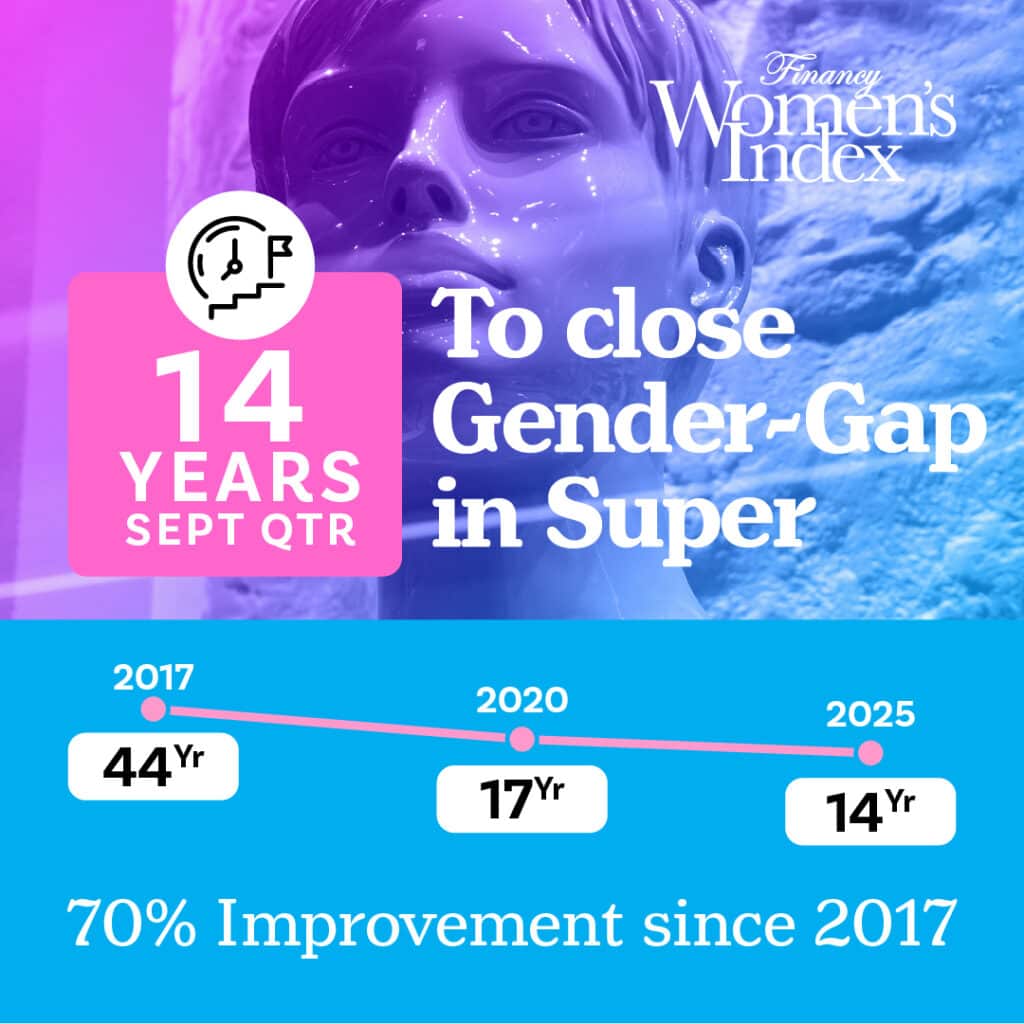After the announcement that free childcare will end from 12 July, families across the nation will be doing the all-too-familiar budgeting gymnastics to try and balance caring responsibilities and work, writes Debby Blakey the CEO of the female dominated fund HESTA in this Financy opinion piece.
Too often it will be women who end up staying home, impacting their long-term earning ability and leaving them more financially vulnerable later in life.
While households earning up to $200,000 can get $25,000 towards their new renovations, it’s bitterly disappointing to women across the country that the first COVID measure removed was free childcare.
The critical importance of the early education sector in keeping our economy running has been clearly demonstrated during COVID-19.
With the end of free childcare hitting family budgets, cutting providers off from access to the Jobkeeper wage subsidy risks hollowing out a sector so vital to our economic recovery.
Now is not the time to remove crucial support for families and the early education and care sector.
Economic conditions have changed dramatically and our funding framework for childcare needs to reflect this. The Child Care Subsidy should be urgently restructured to cater for a higher prevalence of precarious employment and uncertain household income. This will enable families to access crucial early learning services and support providers.
The childcare sector is warning of 200,000 job losses as centres struggle to navigate the uncertainty of a post-COVID economy. Without a strong childcare sector, we will see women’s workforce participation further constrained, undermining our economic recovery.
HESTA supports calls from the childcare sector for a minimum of two days of highly subsidised childcare to be widely available. This would help women stay connected to work and give greater choice and flexibility for families.
Compared to other countries, Australia is lagging on gender equality. The World Economic Forum’s Global Gender Gap Index 2020 ranks Australia 44th out of 153 countries. Each year we’ve slid down the rankings, having started at 15th when the index launched in 2006. The top four positions are occupied by the Nordic countries, all of which are leaders in providing broad access to childcare.
The last three months have shown the incredible resolve of Australians to help each other through the COVID crisis. There’s so much potential to turn this commitment towards tackling the big issues facing our nation. We mustn’t lose the opportunity to ensure that things we have shown are possible through this crisis period are not discarded as we move towards a ‘new normality’.
The lack of affordable childcare for Australian families is a key factor in women’s lower labour force participation.
Women typically spend up to two years out of the workforce after their first child. When they return, its disproportionately to casual and more insecure work.
Long absences from the workforce result in a direct loss of income while women are not working, as well as lower long-term earnings. This ‘motherhood penalty’ is typically equal to at least 5 – 10% of their wage. It’s also a key reason why women retire with, on average, about 40% less super than men.
Women shouldn’t pay a financial penalty for performing vital caring roles.
As government and policy makers look to economic stimulus, they’d be hard pressed to find a more efficient way to boost our economy than ensuring our childcare system enables women to work.
Beyond supporting a vital second income for households, the Grattan Institute has found that a 6% improvement in women’s workforce participation can add 1% to our GDP.
When Australia faced the initial shock of COVID-19, our childcare sector was there to support the push to protect our community.
As we emerge into an uncertain post-COVID world, standing with our childcare sector can again help underpin our long-term recovery and the financial resilience of families. Improving our childcare system will have a profound effect on accelerating gender parity in Australia.













